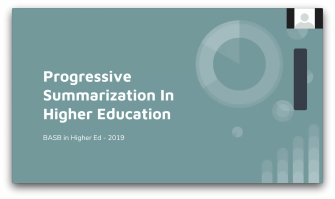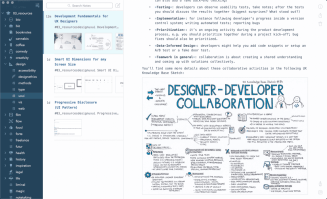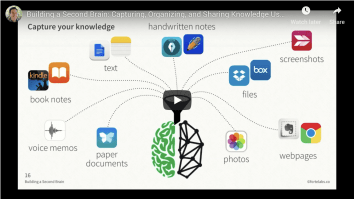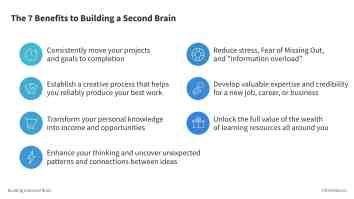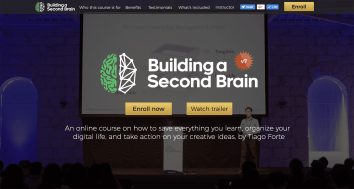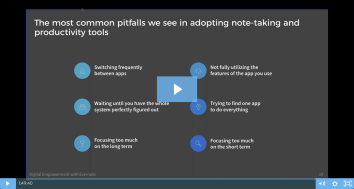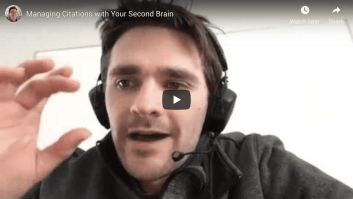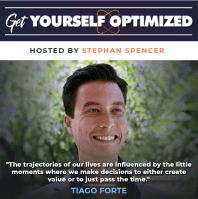
Get Yourself Optimized Podcast: The Secret Weapon of the Highly Productive with Tiago Forte
I recently had the pleasure of speaking with Stephan Spencer, a well-known marketing and productivity expert, on his podcast Get Yourself Optimized. You can find a short description of our discussion below, or visit the podcast webpage for a full transcript: Our brains can hold only so much information. If you’re an ambitious person like…

